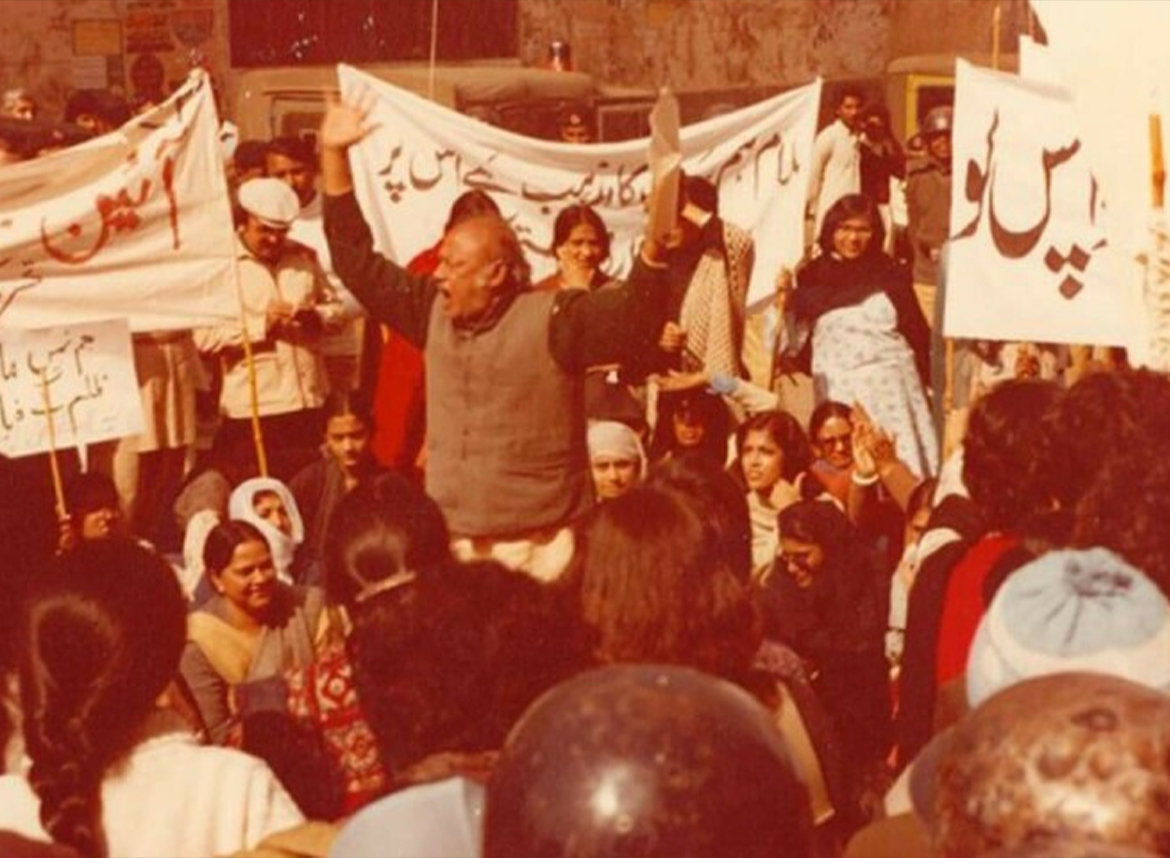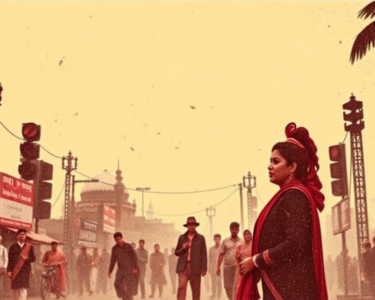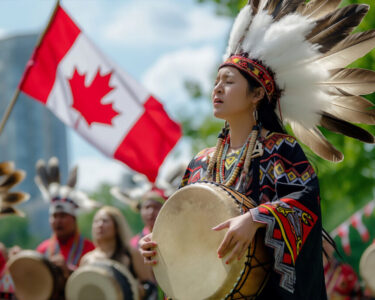Source
Music has long served as a catalyst for social change across the globe, and in Pakistan, its impact is nothing short of transformative. In a country rich in diverse cultures, languages, and social challenges, music transcends mere entertainment; it unites people, amplifies voices, and fosters collective identity. When individuals engage with songs that resonate with their experiences, they are reminded of their shared struggles and aspirations, reinforcing the notion that they are part of a larger movement. This communal spirit makes music an essential ingredient in the recipe for social change, fueling movements and inspiring action throughout the nation.
The unifying power of music in Pakistan is vividly illustrated during protests and gatherings, especially those advocating for marginalized groups. For instance, the song “Kaari Kaari,” often sung at women’s rights protests, features lyrics such as “Titliyun ke pankhun par rakh diye gaye pathar.” These words encapsulate the oppression faced by women in Pakistan, highlighting issues of gender-based violence and discrimination. When participants sing this song together, their individual grievances transform into a shared narrative, creating an environment of solidarity and empowerment. This illustrates how music can bridge divides and inspire resilience in the face of adversity.
In Pakistan’s diverse society, where ethnic and linguistic differences can sometimes lead to fragmentation, music fosters a sense of belonging. Traditional folk music from various regions plays a critical role in preserving cultural identities while promoting unity. Artists often blend contemporary styles with traditional sounds, crafting the type of music that resonates across demographics. This fusion not only revitalizes cultural heritage but also makes social messages more accessible to a broader audience.
A striking example of this phenomenon can be seen in the evolution of protest anthems that resonate with the populace. During the 2014 election campaign, songs such as “Banne Ga Naya Pakistan,” popularized by the Pakistan Tehreek-e-Insaf, emerged as an anthem for the whole movement. These anthems inspired a generation, igniting hopes for a better future and fostering collective enthusiasm for political engagement.
The potency of music in social movements lies not only in its capacity to entertain but also in its ability to convey profound messages. Music articulates the emotions of marginalized communities, giving voice to their struggles and aspirations. This emotional resonance can be transformative, motivating individuals to take action. When lyrics reflect the challenges and dreams of listeners, they create a sense of validation and shared purpose, compelling them to mobilize for change.
Furthermore, music’s ability to transcend language barriers enhances its impact in a linguistically diverse nation like Pakistan. Songs in various dialects address universal themes of justice, love, and resistance, fostering unity among individuals from different backgrounds. Whether it’s a poignant Urdu ballad or an energetic Punjabi folk song, the rhythm and melody evoke feelings that often surpass verbal expression, bringing people together in their pursuit of social justice.
The significance of music extends beyond the immediacy of protests and rallies; it also serves as a form of documentation, preserving the narratives of social movements for future generations. Songs become historical artifacts that encapsulate the emotions and experiences of those involved in the struggle. When artists respond to political events or social issues through music, they chronicle the zeitgeist of their times, ensuring that stories of resistance and resilience are remembered and passed down, thereby creating a legacy of activism.
However, the relationship between music and social movements is fraught with challenges. In a politically charged environment, artists often face censorship, repression, and backlash for their creative expressions. Those who dare to speak out against the system risk their safety and freedom. Yet, despite these risks, many musicians continue to push boundaries, using their art to advocate for change. The courage displayed by these artists is a testament to the transformative power of music, inspiring individuals to stand against injustice, even when the stakes are high.
The digital age has further amplified the role of music in social movements. Social media platforms enable artists to share their work widely and rapidly, allowing songs to go viral and reach audiences far beyond local contexts. This increased accessibility has facilitated the rapid mobilization of movements and encouraged greater engagement with social issues. Artists like Ali Gul Pir, whose satirical tracks address social and political concerns, resonate particularly with youth, making activism more relatable and engaging.
Moreover, music fosters intergenerational dialogue, enabling older generations to share their stories through traditional music while younger artists infuse contemporary styles with relevant social messages. This exchange of ideas cultivates a dynamic cultural landscape, where music serves as a platform for understanding across age groups. It allows younger generations to learn from the past while envisioning new possibilities for the future.
Music in Pakistan is more than just an art form; it is a powerful vehicle for social transformation. It serves as a rallying cry for those yearning for change, amplifying the voices of the marginalized and fostering a sense of unity among diverse communities. As the renowned musician Bob Marley once said, “One good thing about music, when it hits you, you feel no pain.” This encapsulates music’s ability to resonate deeply with the struggles of the people, inspiring resilience and hope in the face of adversity.
As Pakistan continues to grapple with its multifaceted social and political challenges, the role of music will only grow in significance. It will remain a vital force for collective action, empowering individuals to rise together against injustice and inequality. Through its melodies and lyrics, music will continue to reflect the dreams and aspirations of a nation determined to carve out a brighter future, serving as both a mirror of society and a beacon of hope for generations to come.




